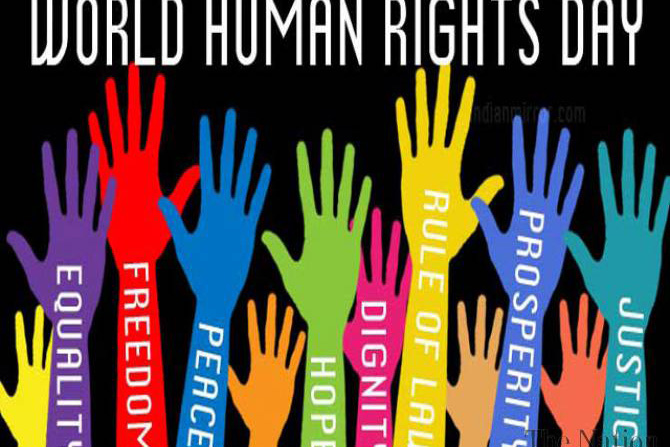
Dec 10, 2018 | Multimedia items, News, Video clips
Today, 10 December 2018 marks the 70th anniversary of the adoption of the Universal Declaration of Human Rights (UDHR). Developed as a universal standard setting out the rights to be enjoyed by everyone, the elaboration of the UDHR was one of the first actions undertaken by the newly established UN in carrying out its human rights mandate.
The UN Charter, forged after the ravages of the Second World War, places advancement of human rights as a core purpose and principle of the UN.
Over the past 70 years, the UN and regional human rights systems have taken the UDHR as the benchmark in developing the impressive normative architecture that constitutes the present day basis of international human rights law and standards.
The International Commission of Jurists (ICJ) was founded in 1952, only four years after the UDHR, with a mission to advance the rule of law and legal protection of human rights. Most of the international legal human framework at that time had still not yet been developed. The founding members of the ICJ believed that the lofty human rights principles enunciated in the UDHR needed to be transformed into hard and enforceable legal obligations incumbent on all States. From its founding, the ICJ worked to develop treaties and other standards aimed to make the enjoyment of human rights real for people, and not merely aspirational.
According to Sam Zarifi, Secretary General of the ICJ, “The ICJ’s biggest contribution to the international legal framework is still to bring together jurists from around the world to defend the rule of law and the universality of human rights at the global and local level.”
“Many now established global legal instruments have the fingerprints of the ICJ all over them. Crucial regional frameworks in the African, European, and American regions were developed with the deep and sustained involvement of the ICJ, as were the creation of the post of UN High Commissioner for Human Rights and the International Criminal Court,” said Sam Zarifi.
The UDHR has not only inspired the work of human rights defenders, but has also been foundational for the general acceptance of the notion of human rights around the world.
From 1948 until the end of the twentieth century, there has generally been a continuous upward trajectory towards the advancement of human rights, even if there have been many pitfalls along the way.
The notion that people have rights is now universally accepted and known by people. At the Vienna Conference on Human Rights in 1993, all States of the world not only reaffirmed their commitment to the UDHR, but also agreed that “the universal nature of these rights and freedoms is beyond question.”
Over the years, there have certainly been major shortcomings in the push to achieve the realization of the human rights for all.
Some of the extreme examples include armed conflicts replete with crimes against humanity, war crimes and even genocide, followed by a failure to hold perpetrators accountable.
And there remains extreme poverty in parts of the world marked by a thorough neglect of economic and social rights.
Despite these shortfalls in implementation, it remains the case that human rights have been accepted as a key component in addressing humanity’s problems in the 70 years since the adoption of the UDHR.
“Over the years, more and more States have ratified human rights treaties, more States have incorporated human rights in their domestic law, and more courts have started to enforce human rights. At the grass roots law level, more organizations have demanded human rights as an entitlement and not just as an aspiration,” explains Ian Seiderman, Legal and Policy Director of the ICJ.
Despite, this long term trend in advancement of human rights, there are warning signs that progress is slowing and in some places has even reversed particularly in the past decade.
“We are now seeing a very strong pushback against human rights proclaimed in the UDHR from countries around the world,” says Ian Seiderman.
“Some of the pressures have come from the security angle, where even States that previously championed rights insist that rights protection must cede to security interest. More recently there has been a rise in populist authoritarian governments that don’t even pay lip service to human rights anymore. And many States have also turned their backs on the commitment to protect the most marginalized and vulnerable, such as refugees and migrants,” he adds.
Roberta Clarke, Chair of the ICJ Executive Committee:
At the normative level, there remains the notable gap in the international legal protection from transnational corporations and other business that abuse human rights and the reticence of many States to participate in good faith in the efforts at the UN to close this gap with a new business and human rights treaty.
This backlash has only redoubled the ICJ’s commitment to fight for the values originally imagined by the writers of the Universal Declaration of Human Rights.
The ICJ and its individual Commissioners remain heavily involved in the development of human rights standards and their implementation based on the UDHR and a part of the larger human rights movement.
The ICJ continues to work to adopt human rights law to changing conditions in the modern world, develops the human rights capacities of lawyers and judges in all parts of the world, undertakes legal advocacy internationally and in many countries, and provides legal tools for human rights practitioners.
Robert Goldman, ICJ President:
On the 70th anniversary of the UDHR, it is critically important to recall why the UDHR was established in the first place, especially in light of the current regression of human rights development around the world.
The preamble of the UDHR reminds us that “ disregard and contempt for human rights have resulted in barbarous acts which have outraged the conscience of mankind.”
But more critically, it also insists that addressing these and other acts of inhuman rights require that human rights be protected by the rule of law.
This will be the ICJ’s continuing mission.
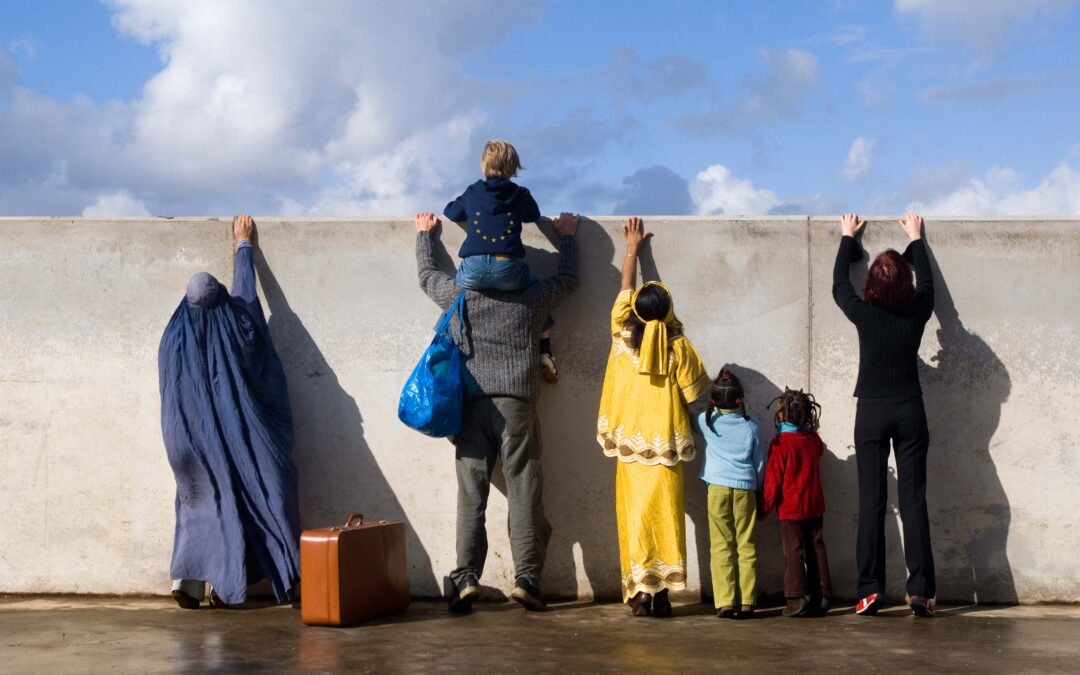
May 12, 2018 | Agendas, Events
Today begins in Istanbul (Turkey) a two-day seminar for lawyers and CSO practitioners representing and working with migrants, refugees and asylum-seekers.
This event is organized by ICJ, in cooperation with its partners Refugee Rights Turkey, the European Council on Refugees and Exiles (ECRE), Mülteci-Der (MD) and ICJ-EI, as part of the EU co-financed project Fostering Access to Rights for Migrants, Refugees and Asylum-Seekers in Turkey.
40 lawyers and civil society practitioners – representing different bar associations and relevant organisations from the all over Turkey – are taking part in the seminar on 12 and 13 May.
The seminar aims to update lawyers and CSOs on the international law mechanisms in the United Nations and the Council of Europe, deputed to the protection of the rights of refugees, migrants and asylum-seekers . It aims at an effective implementation of the Turkish legal framework on asylum and migration.
The training will use as a basis the draft training materials prepared by the ICJ and its partners (to be published an the end of 2019) and, among other sources, the ICJ Practitioners Guide no. 6: Migration and International Human Rights Law.
The project “Fostering Access to Rights for Migrants, Refugees and Asylum-Seekers in Turkey” is funded by the European Instrument for Democracy and Human Rights (EIDHR) of the European Union.
Turkey-Seminar-Istanbul-MigrationAsylum-Agenda-2018-eng (download the agenda)
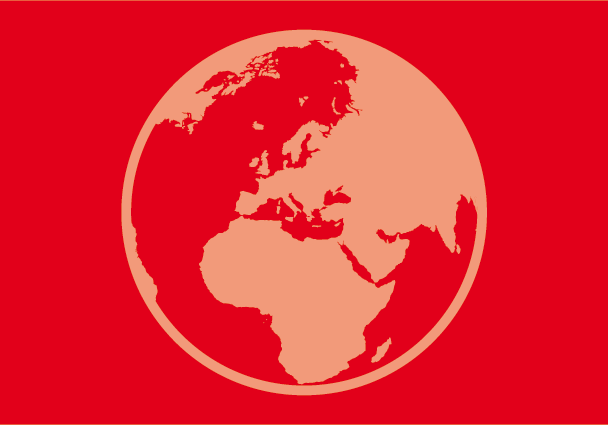
Apr 3, 2018 | Events, News
The ICJ will present a panel discussion on the continued role of the rule of law in the 70th anniversary year of the Universal Declaration of Human Rights on Monday 16 April, 18.30-20.00, Room C1, Maison de la Paix, Geneva.
In a global context where pushback against rights protection is becoming increasingly more pronounced this panel discussion, organized in co-ordination with the Graduate Institute and supported by the Permanent Mission of Germany, will address critical areas of concern for the rule of law in upholding the universal rights set out in the UDHR 70 years ago.
The event, composed of diplomats, academics and legal experts from around the world, will look at issues around the realisation of rights set out in the UDHR, particularly in relation to gender and women’s rights, and will consider how these have been implemented domestically as well as how breaches of the UDHR have been treated as international crime.
Panellists will also comment on the role of the rule of law as set out in the Sustainable Development Goals in ensuring rights protection as an essential element of sustainable development.
The event will also assess how problems in human rights frameworks can be addressed in a way that strengthens the rule of law and human rights and will consider the increasing role of developing countries in taking ownership of the international rights framework initiated by the UDHR.
Introduction:
- Saman Zia-Zarifi, Secretary General of the ICJ
Panellists:
- Carlos Ayala, ICJ Vice-President and former Chair of the Inter-American Commission on Human Rights
- Andrew Clapham, Professor of Public International Law, The Graduate Institute, Geneva; Member of the UN Commission on Human Rights in South Sudan
- Luis Gallegos, Permanent Representative of Ecuador to the United Nations in Geneva
- Sanji Monageng, ICJ Commissioner and Judge at the International Criminal Court, The Hague
- Patricia Schulz, Member of the UN Committee on the Elimination of Discrimination against Women
Moderator:
- Robert Goldman, Acting ICJ President and Professor of Law, Washington College of Law, American University, Member of Eminent Jurists Panel on Terrorism, Counter-terroism and Human Rights
Sign up to the event via the link on the Graduate Institute’s website.
Universal – Rule of Law UDHR 70 – News – Events – 2018 – ENG (Event flyer in PDF)
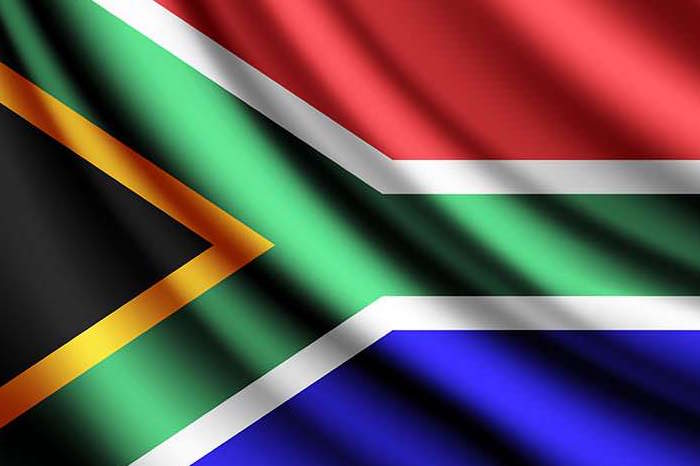
Mar 8, 2017 | Advocacy, Analysis briefs, News
Today the ICJ submitted a brief opposing the current efforts by South Africa to withdraw from the Rome Statute of the International Court.
The brief was submitted in collaboration with a number of South Africa’s leading jurists to the South African Parliamentary Portfolio Committee on Justice and Correctional Services.
The brief was signed by Retired South African Constitutional Court Justices Laurie Ackermann; Richard Goldstone; Johann Kriegler; Yvonne Mokgoro, Kate O’Regan, Zak Yacoob. It was co-signed by Navi Pillay, former United Nations High Commissioner for Human Rights, former judge of the ICC and former President of the International Criminal Tribunal for Rwanda (ICTR). Wilder Tayler, Secretary General, signed on behalf of the ICJ
The ICJ and leading South Africa jurists call on South African Parliamentarians not to pass The Implementation of the Rome Statute of the International Criminal Court Act Repeal Bill [B23-2016].
They also urge South Africa to remain a party to the Rome Statute of the ICC and engage, where appropriate with other African States, in actively pursuing appropriate reforms within the Assembly of State Parties, with a view to making the ICC more effective in advancing the objectives of international justice.
“South Africa should actively encourage other African states to put in place legislation required to empower domestic courts with the ability to try genocide, war crimes and crimes against humanity. South Africa should continue to work constructively with civil society on the advancement of international criminal justice,” the report stated.
“Pursuit of justice and pursuit of peace are complementary and mutually reinforcing objectives that South Africa will best achieve by remaining party to the Rome Statute of the ICC. Its not an either or situation. Protecting heads of States from justice whatever they do compromises peace too much,” said Retired Justice Zak Yacoob.
The report also underscored the danger of an impunity gap if South Africa pulls out of the ICC, as there would be no other effective regional or international forum in which to prosecute the most serious crimes under international law.
“Given the devastating impact of impunity on the rule of law, on development efforts and on society at large, it is vital that South Africa projects itself as a leader in anti-impunity efforts in the region. Pulling out of the Rome Statute of the ICC would crush the best chances that Africa has today to tackle the pervasive impunity that affects the region and would be a most unfortunate move for South Africa and the wider international community,” said Wilder Tayler, Secretary General of the ICJ.
Background
South Africa is one of the earliest parties to the Rome Statute of the ICC. It signed the Rome Statute on the day it was adopted, 17 July 1998, and ratified it on 27 November, 2000. Both during the negotiations preceding the Rome Conference that established the Court in 1998, and at the Conference itself, South Africa played a leading role.
However, the events of June 2015 surrounding the arrival of President Omar al Bashir of Sudan in South Africa appears to have engendered a shift in South Africa’s posture, leading many observers to call into question the country’s commitment to international justice.
The failure by South African authorities to arrest and surrender President al Bashir to the ICC, although he had been indicted by the ICC for war crimes, crimes against humanity and genocide, led to the Southern Africa Litigation Centre (SALC) taking the government to court to compel it to fulfil its obligations both under the Rome Statute and the Implementation of the International Criminal Court Act 27 of 2002 (Implementation Act).
On 19 October 2016, the Minister of International Relations and Co-operation gave notice of South Africa’s intention to withdraw from the Rome Statute.
The Portfolio Committee on Justice and Correctional Services put out a call for submissions to be made to the Parliamentary Portfolio Committee on Justice and Correctional Services on the Implementation of the Rome Statute of the International Criminal Court Act Repeal Bill [B23-2016] to be made by 8th March 2017. The ICJ Brief was filed pursuant to that call.
Contact
Arnold Tsunga, Director of the ICJ Africa Programme, arnold.tsunga@icj.org and +277 164 059 26
RSA-ICC Withdrawal-Advocacy-Analysis Brief-2017 (Analysis brief in PDF)
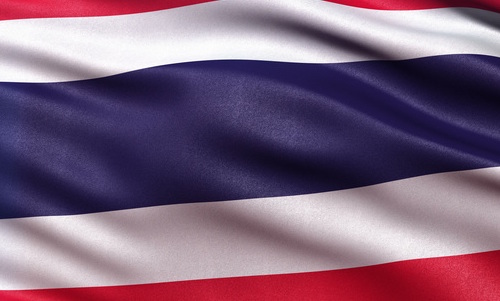
Sep 29, 2015 | Events, News
From 30 September to 1 October 2015, the Asian Forum for Human Rights and Development (FORUM-ASIA), International Commission of Jurists (ICJ), and Boat People SOS (BPSOS) will jointly organize a conference in Bangkok.
The regional conference will discuss pressing concerns on the promotion and protection of freedom of religion or belief.
The UN Special Rapporteur on Freedom on Religion or Belief, Mr. Heiner Bielefeldt, will be joined by approximately 60-70 human rights defenders, members of religious groups, rights groups, UN agencies and representatives from the ASEAN Intergovernmental Commission on Human Rights, ASEAN Commission on the Promotion and Protection of Rights of Women and Children, National Human Rights Institutions and other government agencies.
The event will provide a multi-stakeholder platform to discuss key emerging issues, distinct and shared challenges faced by various Southeast Asian religious groups and advocates of religious freedom, identify advocacy strategies and best practices to overcome these obstacles, and to strengthen cooperation between the different stakeholders important in promoting freedom of religion or belief in Southeast Asia.
The event will also be an opportunity for participants to have a better understanding of the mandate of the UN Special Rapporteur on freedom of religion or belief.
Some of the key topics expected to be discussed include state control and regulation of religion, extreme interpretations of religion, and how freedom of religion together with other human rights are complementary or mutually reinforcing.
Upon the completion of the conference, the Special Rapporteur will hold a press briefing at the Foreign Correspondents’ Club of Thailand (FCCT) at 7.30pm on 1 October 2015 to provide an overview of the status of freedom of religion or belief in Southeast Asia and how this right could be better protected and promoted.









